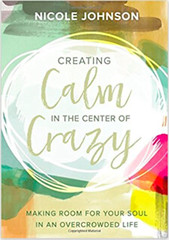It took a crisis, the absolute unraveling of a cherished 15-year friendship, before she could see what her life had actually become. Her marriage, was fine. Her children, were fine. Life, was fine. But at that very moment, it began. Nicole Johnson could now clearly see, that no, life, was not fine. In the minutes, hours, and days that followed, Nicole did the only thing she could through the rush of overwhelming confusion and grief: she sounded the alarm to those closest to her. And, slowly but surely, she could begin to hear her Creator’s call once more – to be held, to rest in the calm that can only be found in Him. It’s a grace to welcome Nicole to the farm’s front porch today…
O ne night, as I was saying goodnight to my son, I became increasingly frustrated by his inability to settle down and fall asleep.
Elliot was in bed, under the covers; teeth brushed, prayers said.
“Mom, I saw this amazing save by Jonathan Quick on YouTube!” And in flash, Elliot is about to jump out of bed and do the splits like the goalie he loves, saving a puck in the Stanley Cup Finals.
I stop him quickly. “No, honey, first thing in the morning, okay? Right now it’s time for bed.”
“You know I’m really hoping to get goalie gear for my birthday.”
“I know, sweetie. I’m going to turn out the light now.”
My son has a gift for words, and communication comes quite naturally to him. He’s very expressive for a boy of his age and his curiosity and wonderings have a way of creating his opinions and then forming persuasive arguments.
“I think it’s safer for me to play with my own gear. You want me to be safe, right?”
“Absolutely, Elliot. That’s why I need you to go to sleep right now.”
“Can we look for goalie gloves tomorrow after school?”
“Maybe, son, I don’t know.” I’m not sure about my name, let alone tomorrow afternoon. “Just lay here, and be still and quiet.”
“Do you know how to calculate the circumference of a circle, Mom?”
“Buddy, right now it’s time for sleeping, not more questions.”
I might as well be asking him to build a 747 out of toothpicks! So I lie down next to him and put my arm around his squirmy body. After five more questions and three more observations and an act of Congress, he finally gets quiet and then still. And I’m not kidding, in less than thirty seconds he’s OUT.
Falling asleep is never difficult; getting still and quiet is the real challenge.
Not only for my son Elliot, it was the real challenge for me as well.
Turns out, it may well be the greatest challenge for every one of us.


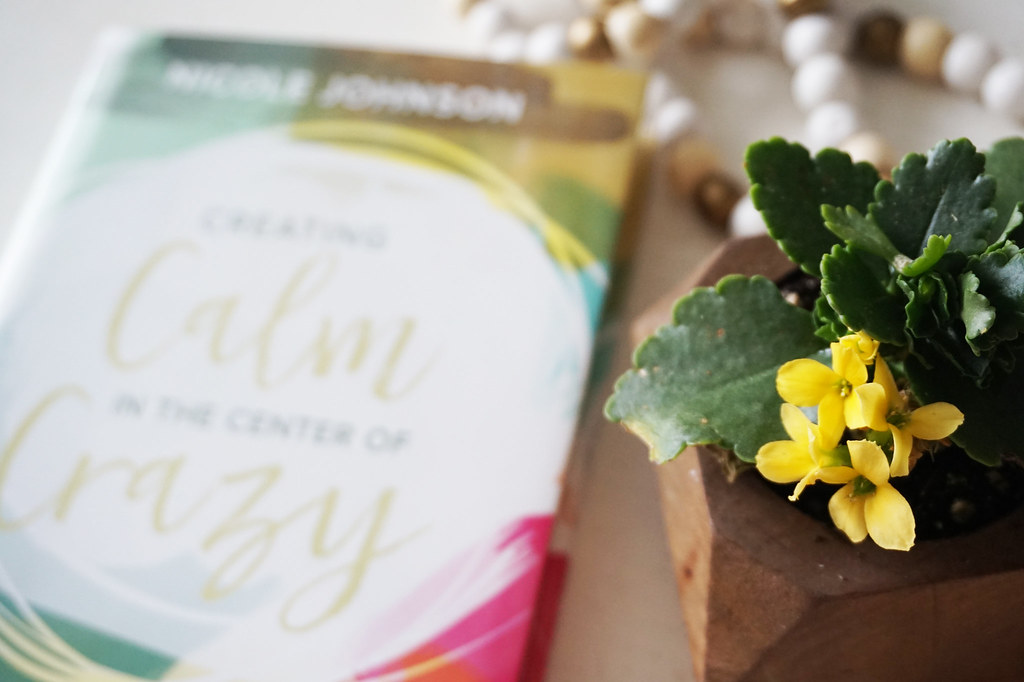

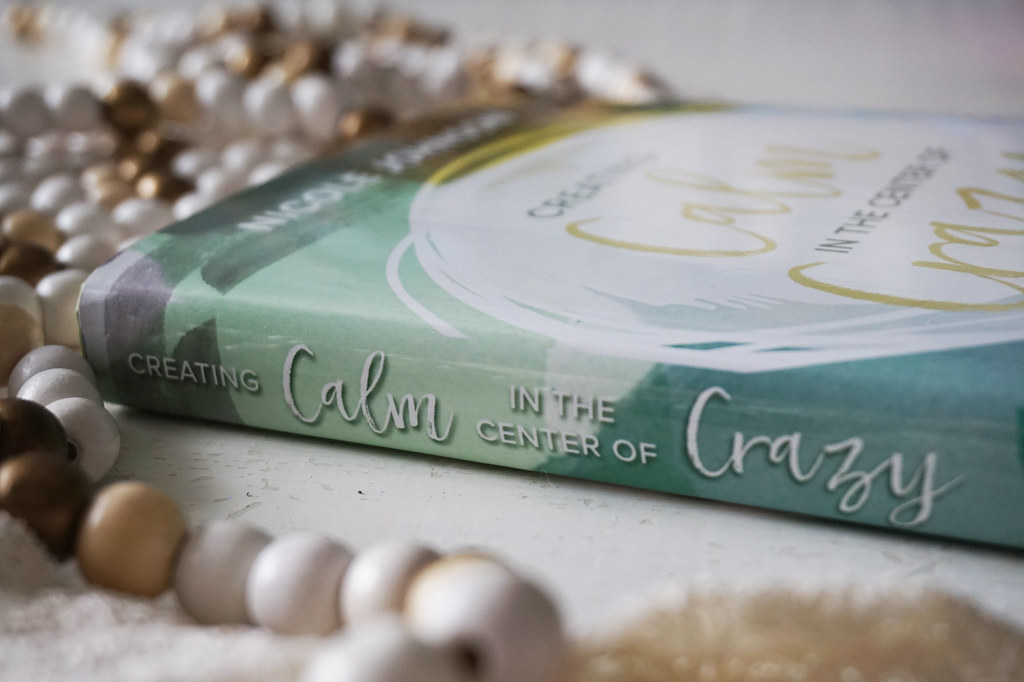

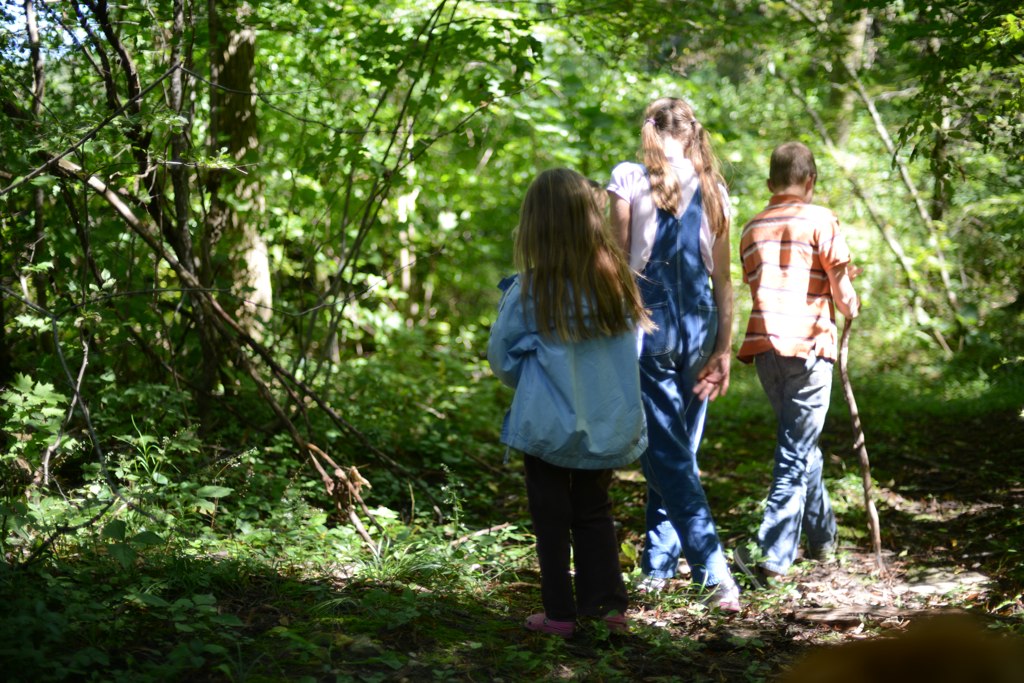

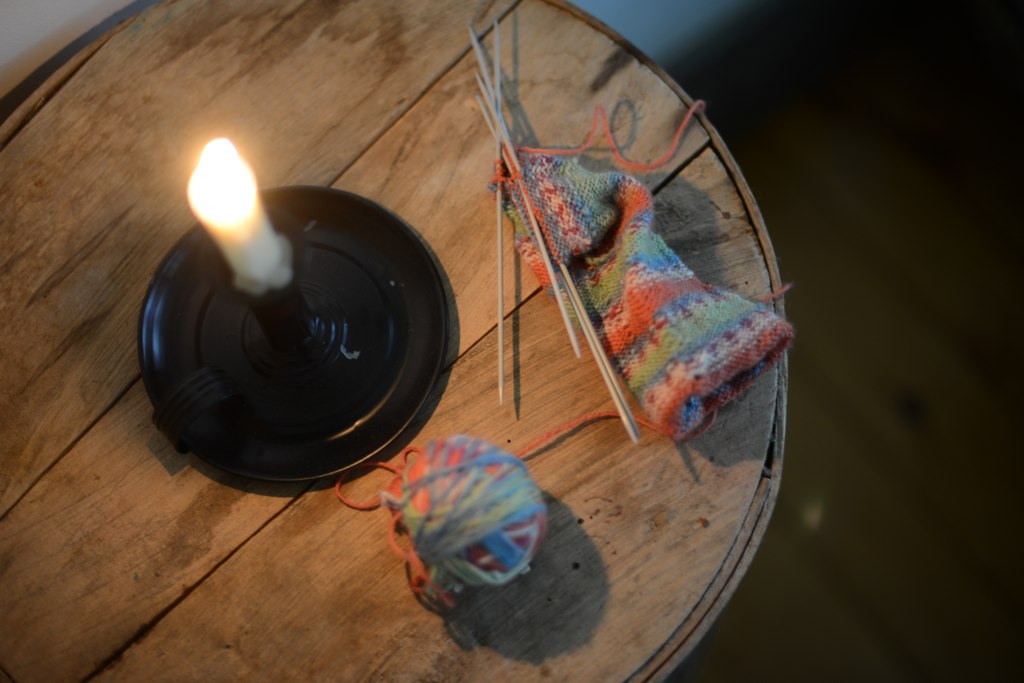
I first encountered the writings of Blaise Pascal in college. I had no context or appreciation for a French 17th century mathematician and philosopher.
I read many of the greats during college to learn what I needed to know for the test. Years later, though, I returned to Pascal’s Pensees and discovered his incredible reflections about life and the living of it.
With the help of translators and the inimitable Peter Kreeft, I’ve come to value his timeless wisdom.
In fact, many of Pascal’s pensees, or thoughts, seem to apply better now than they did centuries ago when he penned them.
Like this one:
“I have often said that the sole cause of man’s unhappiness is that he does not know how to stay quietly in his own room.”
Really, Blaise? May I call you Blaise? This is the sole cause of man’s unhappiness? I can think of many more causes.
And what about women? Oh right, we don’t know how to stay quietly in any room, let alone our own room!
When Pascal wrote these words in the 1600s he was calling people away from all the things that distract and divert them. And his generation didn’t have anywhere close to the possibilities of distraction we have today.
They certainly didn’t carry devices in their pockets that chirped and beeped, interrupting them constantly.
And yet, still he names the root of man’s unhappiness as the inability to be still and quiet inside himself.
Twenty-five years ago, I participated in a silent retreat. It almost killed me! I’m not kidding. I felt lost and ineffective for five hours, uncertain of what I was supposed to be doing, which was nothing. Throughout my schooling, I maintained a 4.0 for talking, so not using one of my strongest gifts seemed wrong.
I felt panicked and anxious over what others must be doing with this time.
Surely it would be better than what I was doing with it! By the time it was finally over, I was joyfully relieved to get back to talking. I remember talking nonstop to anyone who would listen to me about why extroverts should never participate in silent retreats!
It has taken me decades to get to this realization: I have spent more of my time trying to control the crazy on the outside than I have working toward creating calm on the inside.
This was as big a revelation as the one that came in my late twenties when I finally understood that the way you look on the outside matters some, but only a fraction as much as who you are on the inside.
In the same kind of shift that turned my attention from the external to the internal back then, my attention has turned once again to the inside to provide the way to creating calm.
I’ve never talked to anyone who thought that getting still was a bad idea or practice.
But most people must think it is a good idea for someone else, because only a handful of people set aside the time to do it.
Why? Because when you try to get still, you will immediately encounter the kind of resistance that let’s you know you’re on the right track. You’ll find that:
Silence Is Uncomfortable
Distraction Has Become a Way of Life
Fear is an Aggressive Bully
I mention these because it’s very important to know just how normal these are. There are forces and fears that want to keep you from learning to be still and quiet in your own room.
Because in your room you might learn how to overcome those forces that keep you distracted, unhappy and afraid.
If we avoid stillness altogether we don’t have think thoughts like, Remember that silent retreat, Nicole? This isn’t your strength. I bet others don’t have this fear. Why don’t you focus on things you’re good at and leave this stillness to those who can do it better?
When I am falling down the rabbit hole of my own inadequacy, I have two choices:
- Recognize these forces and fears and stand up to them in order to cross the threshold into stillness.
- Give in to them believing they’re speaking truth and go start cleaning out the garage.
At fifty years old I am learning stand up to them. I know their game now.
When I call them out and refuse to allow them to deter me, I forge ahead to sit quietly in my own room, my sacred space and submit to the kind of spirit work that is nothing short of the key to a life in God.
Still and quiet are not bad words. They are not punishment or isolation, they are an opportunity to discover and cement our deepest identity.
Those who seek to be still and quiet will find a beautiful portal through which God’s voice of love can be heard in a world that drowns it in interference.
After all, it’s God who said, “Be still and know that I am God.”
It seems evident that that knowing is connected to being still.
So we can be still and know that God is God or stay very busy and wonder if we are.
Nicole Johnson, author of Fresh Brewed Life, has a uniquely creative voice. As an accomplished writer, speaker, and actor, Nicole has performed in thousands of churches and venues over the last twenty-five years, including more than a decade of touring with the national conference Women of Faith.
Nicole’s upcoming book, Creating Calm in the Center of Crazy, is a voice of possibility and peace for women seeking to find a calm spiritual center in a crazy, runaway world. Nicole’s writing is authentic, humorous, and practical, and at the same time deeply spiritual and real. Through her own personal story, Nicole explores all those things that bring impossible crazy to our lives, the gift of crisis, and the slow but sure journey back to the deep calm God intends for us.
[ Our humble thanks to Zondervan for their partnership in today’s devotion ]

